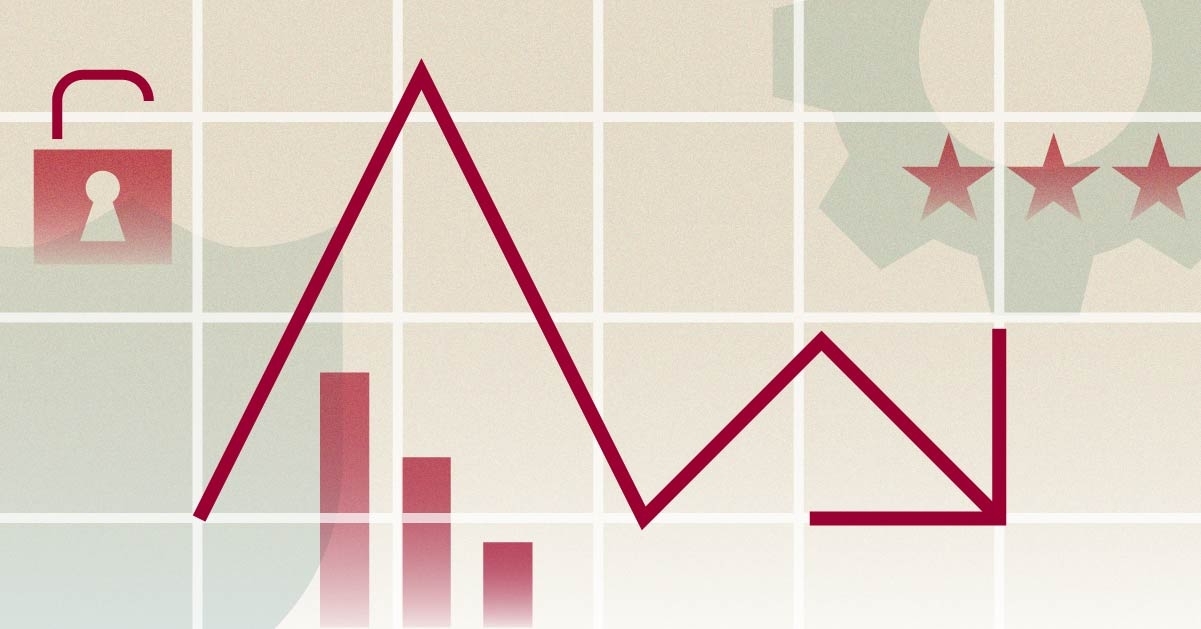
Trying to "keep up with the Joneses" only leaves you feeling more stressed and less capable of handling financial pressures, according to a Morningstar behavioural finance expert.
You are better off comparing yourself to people with less money and focusing on how good you have it, says Sarah Newcomb, a behavioural economist with Morningstar.
"Social comparison theory argues that humans have an innate need to assess our social and personal worth, and when there is no objective means to do so, we look to people similar to us to inform an assessment," Newcomb says in her research paper called The Comparison Trap: How Social Comparisons Affect Our Financial Wellbeing.
"Social comparisons may boost or erode well-being, depending on the target and where people see themselves in the socioeconomic hierarchy.
"You won't be able to squash social comparisons completely, but you can guide the direction of your comparisons toward those that make you feel empowered rather than demoralised."
And people are demoralised, even those on incomes of $100,000. According to a PricewaterhouseCoopers survey last year, 50 per cent of the participants fear they lacked the money to pay for unexpected expenses; more than 40 per cent struggled to cover monthly household expenses.
Newcomb used these findings to conduct her own study last year of 699 US residents. She found that despite a person’s income, age, and education, who they compare themselves with financially played a bigger role in explaining the variations in their financial well-being.
"Harnessing the power of social comparisons" may help improve financial wellbeing and lead to be shrewder decision-making, Newcomb says.
"Everyone's looking up. Our research suggests that most people, in every income group, compare themselves with people they think are doing better than they are.
One solution, backed by science, is to find "new Joneses" – that is, compare yourself with someone on lower pay, Newcomb says.
"This strategy is all about appreciating how good you have it. Make sure the person/group is similar to you. Humans simply don’t get as much value from comparing ourselves with people we have nothing in common with."
Newcomb suggests looking to a similar "role model" – family member, friend, colleague, someone you have a connection with – can lead to more positive financial emotions.
"Feeling more secure with your financial well-being could have beneficial long-term effects by eliminating fear-based behaviours, such as performance-chasing and panic selling, which could put you in a better position to achieve long-term investing success.





























